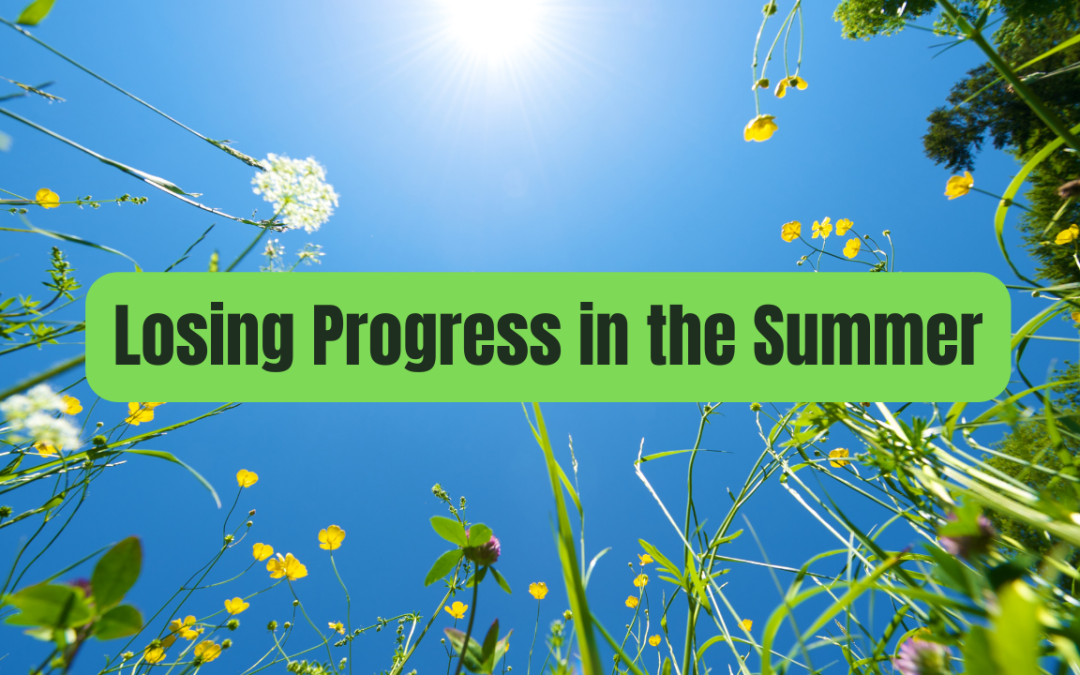Although any kid (and parent) will tell you that summer break is needed, it can also have it’s faults from time to time. One such fault, which can be through no fault of anyone, is for children to simply forget what they learned over the previous school year. Sometimes called the Summer Slide, some parents may notice this happening a few weeks to a month into summer.
Entering the Slide
Obviously, we all know kids need a break from learning, at least in the traditional brick and mortar fashion of school. Summer break gives kids a chance to explore, learn, and enjoy the world without being stuck behind a desk. But it can be far too easy for some children to start losing what they learned without some sort of practice all year long. The summer slide can especially hit younger children, who may be learning to read and write. It can become easier to forget words and numbers when you are not explicitly looking at them every day. Children in under-served communities and children with learning disabilities can also easily forget information from the school year without continuing education.
Keeping Up with Learning
But to maintain that level of education and learned information does not require a full-blown classroom in your dining room! You can effectively keep your children learning through short sessions each day, or even every other day. And depending on what your child likes, it may not even feel like they must do it, either!
For kids who are learning to read and form words, daily reading is the way to go! This is the fastest and usually the easiest way to keep your kids engaged and continuing to use what they learned from the school year. Some kids may put up a fuss for having “homework” during the summer, but most children will look forward to reading to some degree. If your child is not a fan of reading, try to find something that is engaging to them and help them read it! If they are younger and some books or magazines are a little too much for them but it is a subject they like, read it out loud to them and have them follow the words. This can also help them retain what they learned from the school year, and may even help them recognize some bigger words next school year!
Katie Kyzivat
